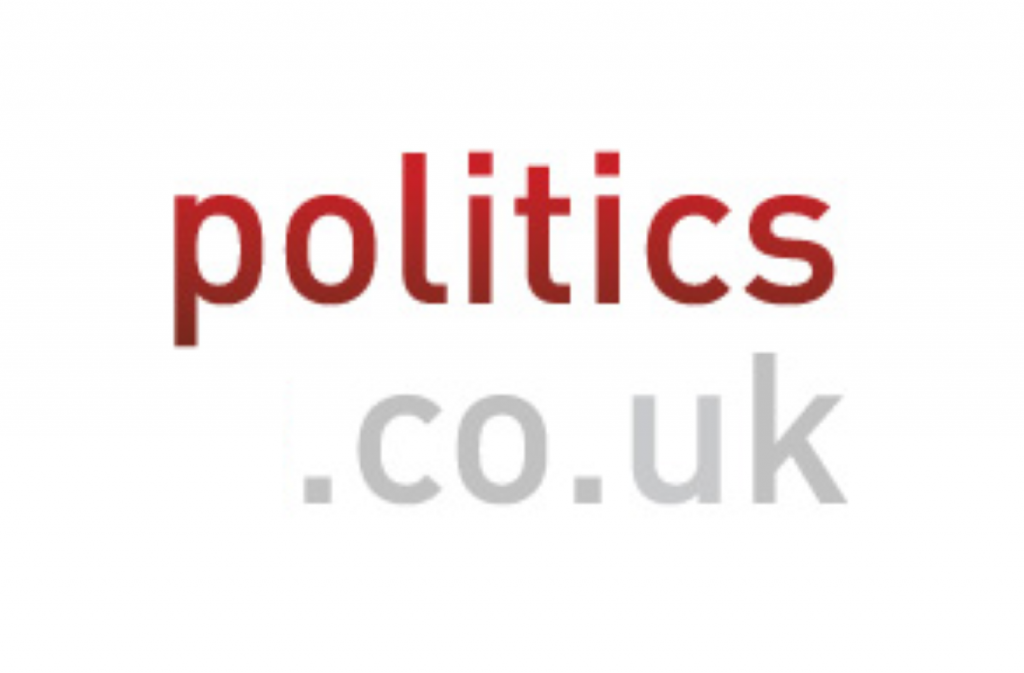London G20 summit: Obama takes the world stage
By Alex Stevenson
Those capable of ignoring the one trillion dollar signs floating before their eyes at the G20 were witnessing a fundamental reshaping of American foreign policy.
With all the other press conferences wrapped up, Barack Obama ostensibly took to the stage to give the world his perspective on the enormously significant economic stimulus package agreed by the G20 nations in London.
But, fresh from his first day’s summiteering since taking office two-and-half months ago, the 44th US president was also giving his first major international press conference abroad.


For the first time he was coming face to face with the world’s press – who have followed, with near-universal excitement, his rise to the presidency.
Central to that enthusiasm was his commitment to roll back the unilateralist tendencies of his predecessor.
In his cosy 52-minute session with hundreds of the global media Obama carefully articulated his new vision of America’s role in the world.
“When I came here it was with the intention of listening and learning, but also providing American leadership,” he said. That balance – of leading through consensus, rather than dictating terms – summed up his approach.
Listen to Obama joke with two members of the world’s press –
Obama spoke carefully and thoughtfully when asked directly how his foreign policy would differ from his predecessor. His words enshrined the Obama doctrine: a renewed emphasis on diplomacy.
“I didn’t accompany President Bush on his various summits,” he began carefully.
“I can tell you that what I’ve tried to do since I started. is communicate the notion that America is a critical actor and leader on the world stage. but that we exercise our leadership best when we are listening, when we recognise the world is a complicated place. when we lead by example, when we show some element of humility – when we always have the best answer but we can always encourage and support the best answer.”
One journalist invited Obama to give an example of the give-and-take tactics used during this summit. Unsurprisingly his lips were sealed, but the new president made clear he was prepared to make concessions where necessary.
“Some commentators confused honest and open debate with irreconcilable differences,” he said at one stage. That’s very handy, as making concessions when irreconcilable differences exist is not the best policy. The question many conservative Americans will be worrying about is: will Obama give away too much?
The answer lies in the historical roots of the summit. A central piece of its narrative has been the idea that, where the international community waited 16 years to act after the Wall Street Crash of 1929, countries in the 21st century snapped to attention much quicker this time round. “We’ve learned the lessons of history,” Obama said, nimbly adding that “history tells us that turning inward can turn a downturn into a depression”.
Obama may have also learned the lesson that the modern world is very different now. “If it’s just Roosevelt and Churchill sitting in a room with a brandy, that’s an easier negotiation,” he said, getting a laugh. “That’s not the world we live in.” Instead India, China, Japan and others are all “rebuilt and a powerhouse”; under Obama the US will make concessions to that power.
In a perverse way the economic crisis has smoothed the way for this transition, as revealed when he was asked if other G20 states had turned their ire against him.
“There were occasional comments, which indicated from their perspective this started in America, or on Wall Street,” he admitted.
“Perhaps what helped is my willingness to acknowledge that. We had a number of firms that took wild and unjustified risks. We had regulators that were asleep at the switch.”
Under the new White House it’s a time for revision, a clean sheet; all Obama wants is to be given the “benefit of the doubt”.
“Our citizens are all hurting. We need to come together,” he pressed.
Obama is prepared to shift the terms on which the US engages with the world to achieve that goal. There’s a price to be paid in doing so. Yesterday Obama made clear he believes it’s worth it.

